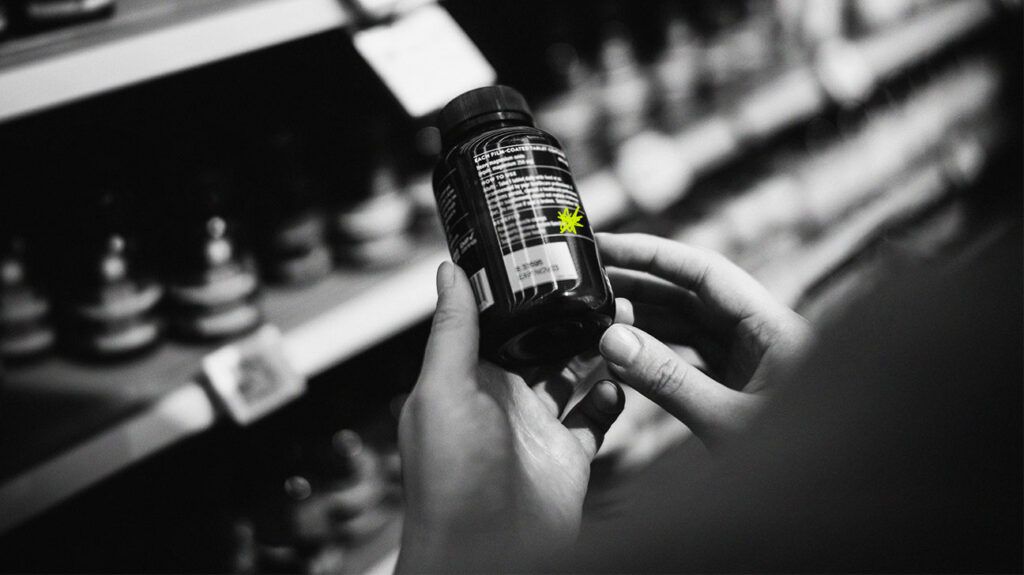If a person does not get enough vitamin B12, a doctor may suggest supplements containing more than the daily recommended dose. The body does not store excess vitamin B12, so taking extra is not harmful.
Vitamin B12 is vital for human life due to its role in making red blood cells and supporting the function of the brain and nerves.
There are no documented adverse effects from taking excess vitamin B12. However, it is best to follow guidelines from a healthcare professional.
Nutrition resources
For more science-backed resources on nutrition, visit our dedicated hub.

The
According to the ODS, the
- 0 to 6 months: 0.4 micrograms (mcg)
- 7 to 12 months: 0.5 mcg
- 1 to 3 years: 0.9 mcg
- 4 to 8 years: 1.2 mcg
- 9 to 13 years: 1.8 mcg
- 14 years and older: 2.4 mcg
During pregnancy, the RDA of vitamin B12 is 2.6 mcg. A female needs 2.8 mcg during lactation.
A note about sex and gender
Sex and gender exist on spectrums. This article will use the terms “male,” “female,” or both to refer to sex assigned at birth. Learn more.
Healthcare experts are not currently aware of any side effects relating to taking higher-than-recommended levels of vitamin B12.
Healthcare specialists divide vitamins into two categories: water-soluble and fat-soluble. Water-soluble vitamins dissolve in water and exit the body via the urine. Vitamin B12 is a water-soluble vitamin, and this is one reason why higher vitamin B12 levels are not toxic.
Although vitamin B12 appears to be safe, even at higher dosages, more is not necessarily better.
There is no need to take very high doses of vitamin B12. No data suggests that very high supplementation levels are any more effective at boosting a person’s immune system or bodily functions if they do not have a vitamin B12 deficiency.
Healthcare professionals have not identified an upper-limit blood level of vitamin B12. The body will typically excrete excess vitamin B12 that a person consumes via their diet or supplements.
The body does not absorb vitamin B12 supplements very effectively. This means that even if someone takes very high amounts of vitamin B12, their body still does not absorb a significant amount.
In addition, taking some medications may impair the body’s ability to absorb vitamin B12. Examples of these medications include:
- chloramphenicol (Chloromycetin), which is an antibiotic
- H2 receptor antagonists
- metformin
- proton pump inhibitors
Vitamin B12 supplements
In fact,
Taking vitamin supplements or having vitamin B12 injections may help protect against side effects that doctors associate with deficiency.
Many people do not get enough vitamin B12 from their diet.
Vitamin B12 is naturally present in many animal products, including meat, fish, dairy, and eggs. Plant-based sources of vitamin B12 include fortified milk and cereals, nutritional yeast, and vegan spreads such as Marmite.
However, doctors tend to recommend taking vitamin B12 supplements if a person struggles to meet their daily requirements. People can find vitamin B12 supplements in drugstores or choose from several types online.
Low vitamin B12 levels can lead to vitamin B12-deficiency anemia, which can cause:
Other symptoms
- tingling or pain in the extremities
- difficulty walking or uncoordinated movements
- muscle twitches or spasms
- thinking issues such as confusion, slow thinking, forgetfulness, or memory loss
- mood changes, including depression or irritability
- impaired sense of smell or taste
- vision disturbances
- digestive problems such as diarrhea or weight loss
- glossitis — a painful, smooth, red tongue
Without treatment, a vitamin B12 deficiency can lead to brain and nervous system issues.
Although there is currently no evidence to suggest any adverse side effects from excess vitamin B12 supplementation, there is no need to take excessively high amounts of the vitamin.
Most healthcare providers do not recommend exceeding the amount available in prenatal or daily multivitamins unless someone has a condition that causes them to be vitamin B12 deficient.
If a person has concerns about their vitamin B12 levels, they need to talk with a doctor.


